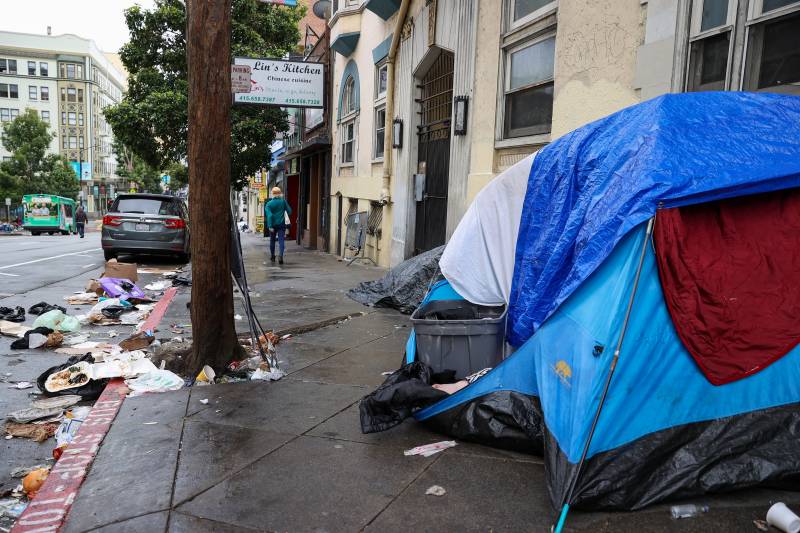California’s mental health care system is a mess. And at the same time, unsheltered homelessness is increasing and voters want their leaders to do something about it.
Those are some of the reasons why Gov. Gavin Newsom unveiled a proposal called the Community Assistance, Recovery and Empowerment Court — or CARE Court. The idea is to provide a coordinated mental health treatment plan for a patient, under the supervision of a judge.
But there’s also a catch: if the patient refuses that treatment, that could also be used as grounds for conservatorship, where the judge appoints someone to manage a patient’s care and finances. That has created big concerns among civil liberties and mental health advocates, who worry that this new court system could cause even more problems in a system rife with racial disparities.
Guest: Erin Baldassari, KQED housing affordability reporter
